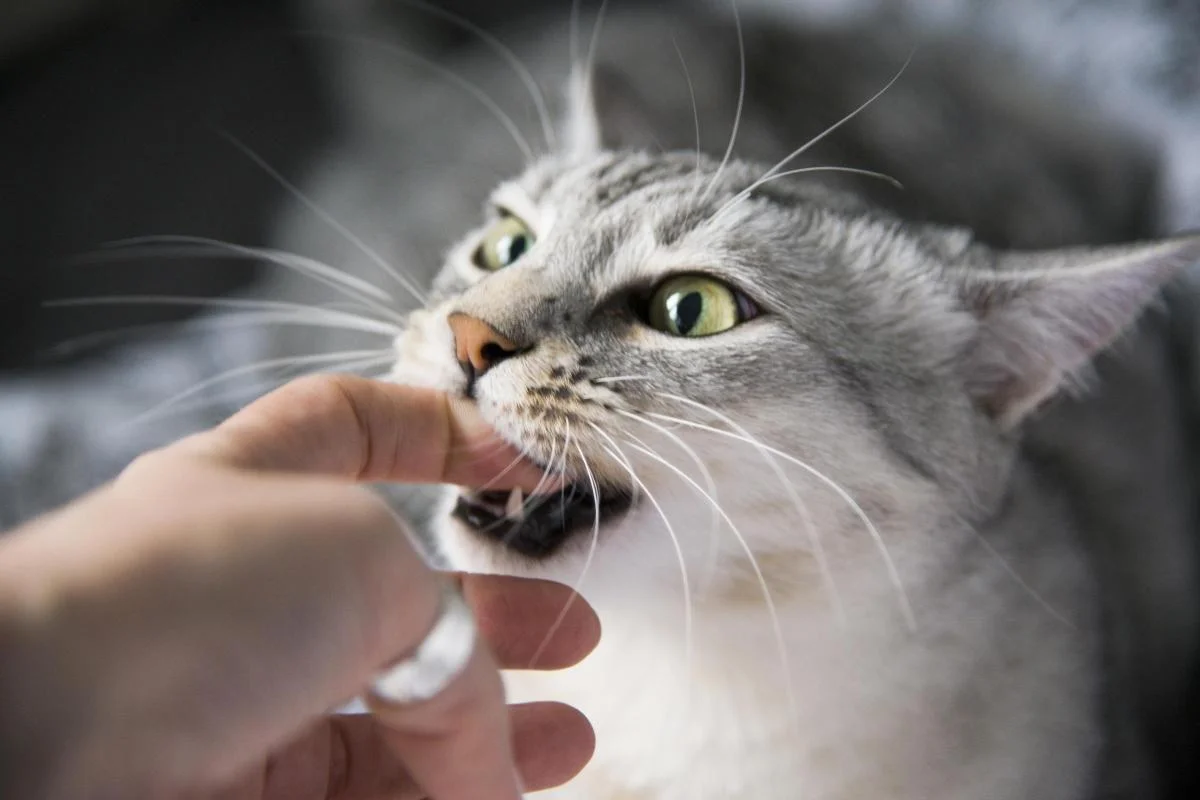A groundbreaking study has brought to light the startling potential of seemingly harmless cat bites to trigger bacterial infections that may escalate into life-threatening conditions if not treated promptly. The recent findings, featured in the journal Emerging Infectious Diseases, shed a spotlight on the urgent need for swift and comprehensive medical attention in cases of cat bites, in order to avert severe pain, swelling, and potential complications.
The research focuses on a specific case involving an overweight male who sought emergency medical care in 2020 due to an inflamed hand marked by multiple wounds and abrasions. Remarkably, the condition rapidly worsened within just eight hours, underscoring the severity of the situation. Investigation into the matter uncovered an unusual bacterium named Globicatella, responsible for triggering an extensive infection in the soft tissues of the hand.
This incident raises intriguing questions about the mechanisms by which infections can potentially transfer from animals to humans through bites. The individual received a series of treatments, including a tetanus vaccine and a range of antibiotics. Despite an initial discharge, the patient returned within 24 hours with an infection that affected specific fingers.
Medical intervention became imperative, leading to surgical procedures accompanied by the administration of three distinct antibiotics. Over time, the patient exhibited signs of recovery. Researchers observed striking similarities between the newly identified bacterium and Streptococcus, a bacterial strain commonly associated with ailments such as strep throat, pink eye, and meningitis. However, the identified bacterium did not align with any previously documented pathogens, categorizing it as a novel microorganism.
Further exploration unveiled that the unique bacterium belonged to the Globicatella genus of gram-positive bacteria. This strain displayed notable variations from related strains, suggesting that it might belong to a “distinct and previously undescribed species.”
Experts caution that cats have the potential to inflict deep-tissue bite injuries, with their saliva posing a considerable risk of secondary infection. In light of these risks, individuals bitten by cats are strongly advised to immediately cleanse wounds with soap or saline and promptly seek medical assistance.
The study’s profound findings underscore the vital role that cats might play as carriers of previously unidentified bacterial species that could potentially pose a threat to human health. As our understanding of the intricate interactions between animals and humans deepens, the significance of vigilance and swift medical intervention becomes increasingly evident, particularly when dealing with seemingly minor incidents such as cat bites. The study serves as a critical reminder of the importance of early diagnosis and effective treatment in preventing potentially dire consequences stemming from what might appear to be minor injuries.




